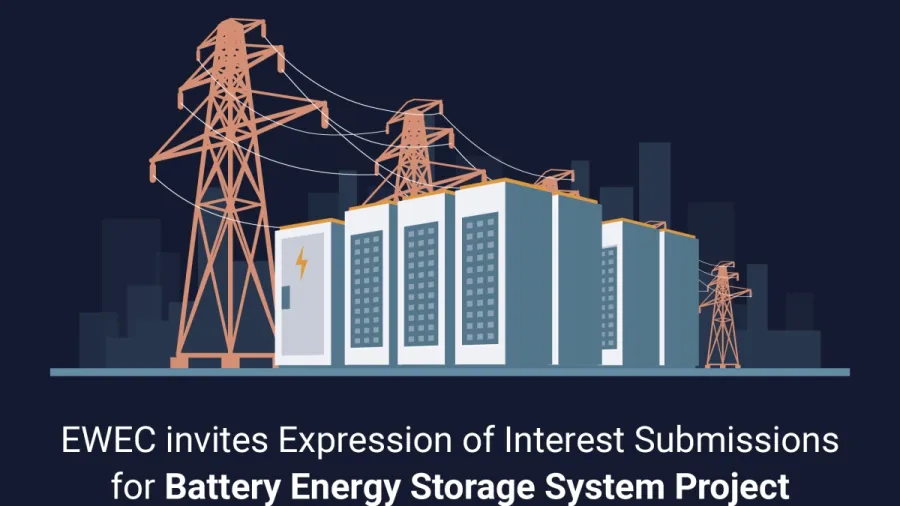
EWEC launches tender for 400 MW BESS project
Interest parties may submit their EOI by 22 March 2024, 12 noon GST.
UAE’s Emirates and Water Electricity Company (EWEC) invited developers and consortiums to submit the expression of interest (EOI) for a 400-megawatt (MW) battery energy storage system (BESS) project.
In a statement, EWEC said the project will be crucial for its plan to diversify the energy project portfolio which includes increasing its solar generation capacity to 7.5 gigawatts by 2030.
ALSO READ: Middle East posts record-high RE growth in 2022
“This project is a key part of our strategy to achieve the Abu Dhabi Department of Energy’s Clean Energy Strategic Target 2035 and supports the UAE’s wider sustainability and decarbonisation objectives. Importantly, it also actively enhances the reliability of the nation’s energy infrastructure,” EWEC CEO Othman Al Ali.
“Compared to traditional grid storage solutions, BESS offers unmatched advantages, including increased flexibility, scalability, cost-effectiveness, and improved efficiency,” the CEO added.
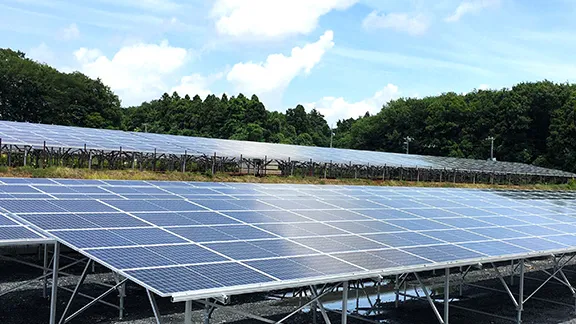
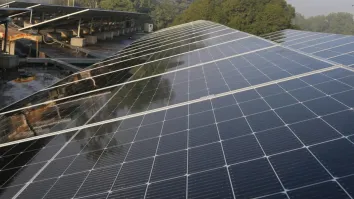
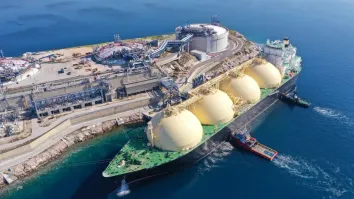

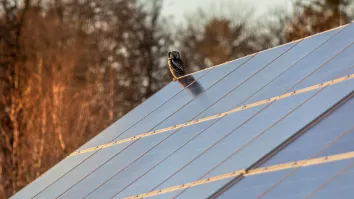













 Advertise
Advertise






